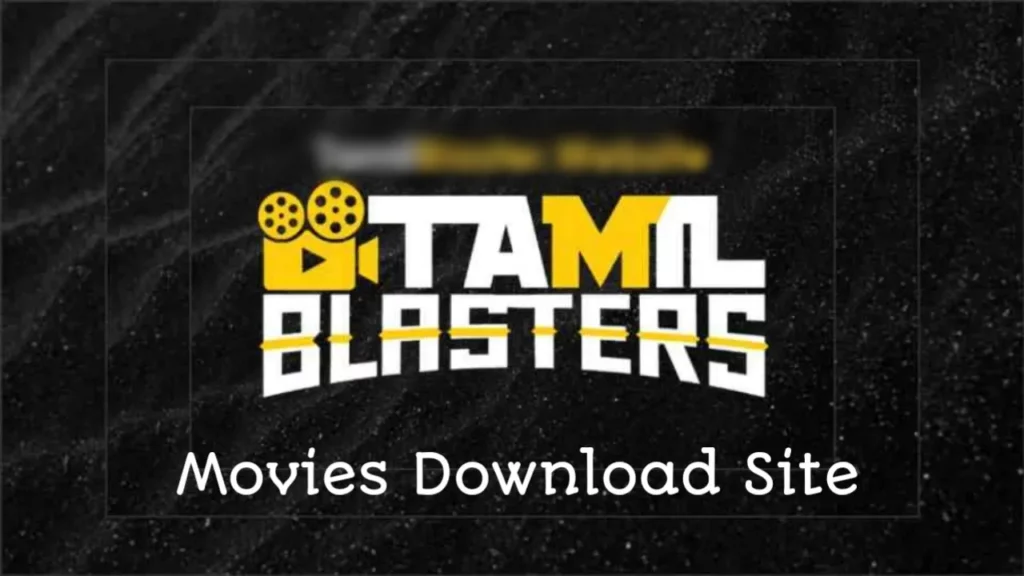Join The Elite: Honor Society 1tamilblasters Chapter
In an increasingly digital world, are traditional concepts of honor and community being redefined?The emergence of online groups, even those with seemingly unconventional names like "honor society 1tamilblasters," suggests a fascinating shift in how we connect, celebrate achievement, and forge shared identities.
The concept of an honor society has deep roots in academic and professional circles. Traditionally, these organizations served as a mark of distinction, recognizing individuals who had demonstrated exceptional achievement in a particular field. Membership in an honor society often brought with it a sense of prestige, access to exclusive networks, and opportunities for further growth and development. The criteria for acceptance were typically rigorous, demanding not only academic excellence but also qualities such as leadership, character, and service to others. From Phi Beta Kappa, recognizing outstanding liberal arts students, to Tau Beta Pi, honoring engineering scholars, these societies fostered a culture of excellence and provided a platform for intellectual exchange.
However, the internet has disrupted many established norms, and the world of honor and recognition is no exception. Online communities have sprung up around every conceivable interest and identity, offering individuals a sense of belonging and the opportunity to connect with like-minded people from all corners of the globe. These communities often create their own systems of recognition and reward, celebrating members who contribute valuable insights, demonstrate exceptional skills, or simply embody the values of the group. While these online "honor societies" may lack the formal structure and historical pedigree of their traditional counterparts, they can nonetheless play a significant role in shaping individual identities and fostering a sense of collective purpose.
It is within this context that a term like "honor society 1tamilblasters" becomes intriguing. While the specific meaning and purpose of this group remain ambiguous without further information, the name itself suggests a potential intersection of several key themes. The phrase "honor society" implies a desire for recognition and achievement, while the inclusion of "tamil" points to a specific cultural identity. The term "1tamilblasters" (assuming "blasters" implies some form of activity or creation) could refer to a group of Tamil individuals who are excelling in a particular field, perhaps related to technology, arts, or entrepreneurship. Alternatively, it could be a more informal community that celebrates Tamil culture and heritage in a creative or innovative way. The "1" might indicate the first iteration of such a group, or perhaps it signifies a sense of unity and collective identity.
The rise of online communities that cater to specific cultural identities raises a number of important questions. How do these groups contribute to the preservation and promotion of cultural heritage in the digital age? Do they provide a valuable space for individuals to connect with their roots and build a sense of belonging, or do they risk creating echo chambers that reinforce existing biases and limit exposure to diverse perspectives? Furthermore, how do these online communities interact with traditional cultural institutions and norms? Do they complement and support existing efforts to preserve and promote cultural heritage, or do they challenge and disrupt established hierarchies and power structures?
Ethical considerations are also paramount when discussing online communities and identity. The anonymity afforded by the internet can be a double-edged sword, allowing individuals to express themselves freely without fear of judgment or reprisal, but also creating opportunities for harassment, misinformation, and the spread of harmful content. Online communities must therefore grapple with the challenge of creating a safe and inclusive environment while also respecting freedom of expression. This often requires establishing clear rules of conduct, implementing effective moderation policies, and educating members about responsible online behavior. Furthermore, it is crucial to be mindful of the potential for online communities to be exploited for malicious purposes, such as the recruitment of individuals into extremist groups or the spread of propaganda.
Looking ahead, it is likely that the line between traditional honor societies and online communities will continue to blur. Traditional organizations may increasingly leverage digital platforms to expand their reach and engage with a wider audience, while online communities may adopt more formal structures and processes to enhance their credibility and impact. The key will be to find ways to harness the power of technology to foster a sense of community, promote excellence, and uphold ethical standards. This will require a collaborative effort involving educators, technology developers, policymakers, and community leaders.
The interplay between technology and cultural identity will also continue to be a defining force. As digital tools become more sophisticated and accessible, individuals and communities will have ever-greater opportunities to create and share their stories, express their values, and connect with others who share their heritage. This could lead to a flourishing of cultural expression and innovation, but it could also exacerbate existing inequalities and tensions. It is therefore essential to ensure that everyone has access to the digital tools and skills they need to participate fully in the digital age and to promote a culture of respect and understanding across different cultures and communities.
Consider the implications of AI on these online communities. Imagine AI moderating content, ensuring respectful dialogue and flagging potentially harmful content related to hate speech or misinformation. The AI could also facilitate language translation, making discussions accessible to a global audience. Moreover, AI could analyze community trends and suggest relevant resources or connections for members, further solidifying the sense of belonging and shared purpose. However, relying on AI raises concerns about bias. The AI algorithms need careful training to avoid perpetuating existing prejudices or unfairly censoring certain viewpoints. Transparency and accountability are critical. Members need to understand how the AI is working and have avenues for appeal if they believe it is making unfair decisions. The challenge is to leverage AI’s power to enhance the community while mitigating the potential risks to fairness and inclusivity.
The very concept of "honor" is also evolving in the digital age. Traditionally, honor was often associated with public recognition and status. However, in online communities, honor may be more closely tied to qualities such as authenticity, integrity, and the willingness to contribute to the collective good. Individuals who are seen as genuine, honest, and helpful are often highly respected within these communities, regardless of their formal credentials or achievements. This shift in emphasis could have profound implications for how we define success and value in the 21st century.
Furthermore, the accessibility of online platforms can empower marginalized communities and provide them with a voice that they may not have in traditional settings. Individuals who have been historically excluded from positions of power and influence can use online platforms to share their stories, connect with allies, and advocate for change. This can lead to a more diverse and inclusive society, but it can also provoke backlash from those who are threatened by the redistribution of power.
Real-world examples of successful online communities abound. Consider the open-source software movement, where developers from around the world collaborate to create and maintain software that is freely available to everyone. These communities are often highly meritocratic, rewarding individuals who contribute valuable code or documentation. Another example is the online gaming community, where players connect with each other to compete, collaborate, and share their passion for gaming. These communities can provide a strong sense of belonging and camaraderie, especially for individuals who may feel isolated in their offline lives.
But there are also cautionary tales. Some online communities have become breeding grounds for hate speech, extremism, and online harassment. These communities often operate in the shadows, exploiting loopholes in platform policies and evading detection by law enforcement. It is therefore essential to be vigilant about the potential dangers of online communities and to take steps to protect vulnerable individuals from harm.
Ultimately, the future of honor societies and online communities will depend on our ability to harness the power of technology for good. By fostering a culture of respect, promoting ethical behavior, and ensuring equitable access to digital resources, we can create online spaces that are both empowering and inclusive. The potential is there to build a more connected, informed, and compassionate world, but it requires a concerted effort from all stakeholders.
So, what is the future of digital honor, and how will groups like "honor society 1tamilblasters," whatever their specific purpose, contribute to this evolving landscape? Only time will tell, but the questions they raise are essential to consider as we navigate the increasingly complex world of online identity and community.
| Category | Information |
|---|---|
| Hypothetical Founder(s) | Group of young Tamil entrepreneurs and tech enthusiasts. |
| Mission | To foster innovation and collaboration within the Tamil community through online platforms and real-world events. |
| Activities | Online forums, coding workshops, hackathons, mentorship programs, cultural celebrations, and entrepreneurship bootcamps. |
| Values | Excellence, Innovation, Community, Cultural Pride, Integrity. |
| Target Audience | Tamil students, professionals, and entrepreneurs worldwide. |
| Success Metrics | Number of members, level of engagement, impact of projects, recognition of members, growth of the community. |
| Reference Website | Tamil Sangam |

Tamilblasters Unveiled A Comprehensive Guide

Honor Society Film (2022)

Honor Society Watch Full Movie on Paramount Plus